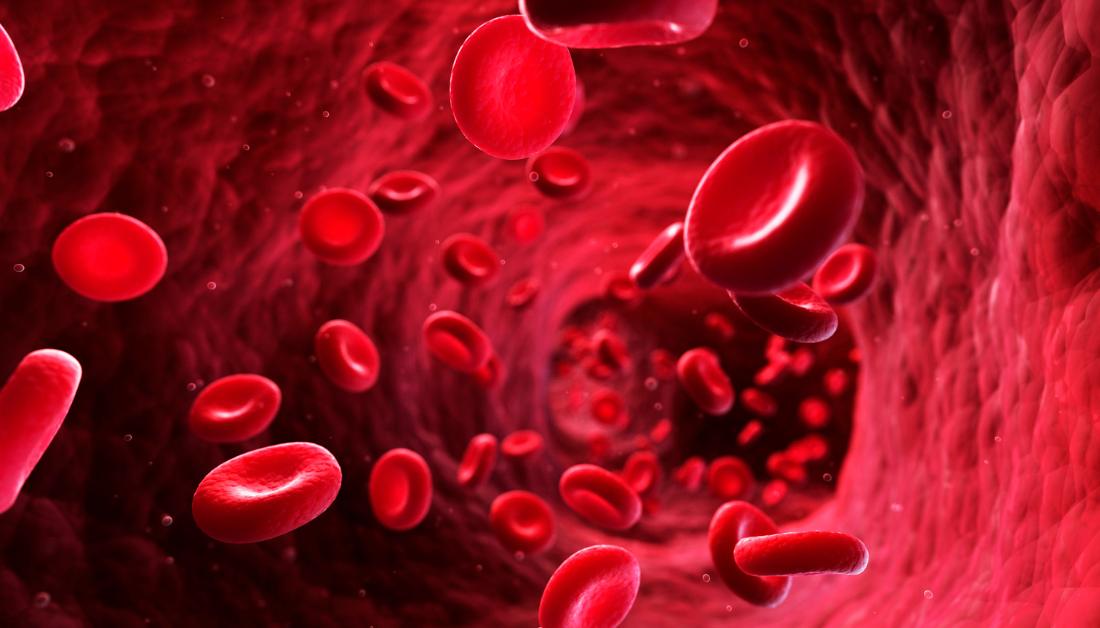

A world-first clinical experiment published in JAMA could give a simple approach to preserve tens of thousands of units of blood in Canada and much more globally each year. The experiment, which included almost 27,000 patients in 25 adult critical care units (ICUs) throughout Canada, found that utilizing “small-volume” tubes for lab tests reduced the requirement for nearly one blood transfusion for every ten patients.
Most hospitals use standard tubes that extract four to six milliliters (ml) of blood automatically, but a normal laboratory test requires less than 0.5 ml of blood, therefore the rest (more than 90%) is lost. Small-volume tubes on the market contain a weaker vacuum inside that automatically pulls up half as much blood.
While the amount of blood drawn per tube is relatively small, ICU patients typically require multiple blood samples taken multiple times every day. This can add up to significant blood loss that contributes to anemia, or low red blood cells. ICU patients are unable to produce more red blood cells to correct for this blood loss and often require treatment with a blood transfusion.”
Dr. Deborah Siegal, senior author, scientist and hematologist at The Ottawa Hospital who led the trial, which was coordinated, sponsored and funded by the Population Health Research Institute (PHRI) in Hamilton, a joint institute of McMaster University and Hamilton Health Sciences
“This trial showed that we can save one blood transfusion for every 10 ICU patients by simply switching to small-volume tubes for blood collection,” said Dr. Siegal, who maintains appointments with McMaster University and PHRI, in addition to the University of Ottawa. “At a time when everyone is trying to find ways to make health care more sustainable, and preserve our supply of blood products, this study provides a simple solution that can be implemented without additional cost or negative effects. The patients in our study received over 36,000 blood transfusions. With small-volume tubes we may have saved about 1,500 units of blood.”
In Canada, the public health system covers the expenses of blood transfusions ($450 per unit of blood, with additional costs to hospitals for testing, preparation, storage, and so on). Blood donors are not compensated, and blood conservation is a top priority due to frequent shortages.
The study also has crucial consequences for patients, as low red blood cell counts (anemia) can cause fatigue and weakness, as well as other issues including lengthier hospital admissions. While blood transfusions can usually cure anemia, there are some unusual adverse effects to consider, such as trouble breathing, allergic reactions, and infections.
The trial used a unique design in which various ICUs were randomly assigned to utilize either small-volume blood collection tubes or conventional tubes for varying durations of time before switching to the other tubes. The researchers utilized electronic medical records to track how many blood transfusions each patient had, eliminating patients who stayed in the ICU for less than 48 hours.
While prior observational studies have supported the use of small-volume tubes, this is the first clinical experiment to put them through rigorous testing in a hospital setting. The experiment found that, in addition to reducing anemia and the need for blood transfusions, the decreased volume of blood did not interfere with laboratory testing. When the researchers omitted results from the pandemic’s peak (five months of data), the patterns remained consistent but did not reach statistical significance.
For more information: Small-Volume Blood Collection Tubes to Reduce Red Blood Cell Transfusion in the Intensive Care Unit: A Randomized Clinical
more recommended stories
 Anxiety Reduction and Emotional Support on Social Media
Anxiety Reduction and Emotional Support on Social MediaKey Summary Anxiety commonly begins in.
 Liquid Biopsy Measures Epigenetic Instability in Cancer
Liquid Biopsy Measures Epigenetic Instability in CancerKey Takeaways Johns Hopkins researchers developed.
 Human Antibody Drug Response Prediction Gets an Upgrade
Human Antibody Drug Response Prediction Gets an UpgradeKey Takeaways A new humanized antibody.
 Pancreatic Cancer Research: Triple-Drug Therapy Success
Pancreatic Cancer Research: Triple-Drug Therapy SuccessKey Summary Spanish researchers report complete.
 Immune Cell Epigenome Links Genetics and Life Experience
Immune Cell Epigenome Links Genetics and Life ExperienceKey Takeaway Summary Immune cell responses.
 Dietary Melatonin Linked to Depression Risk: New Study
Dietary Melatonin Linked to Depression Risk: New StudyKey Summary Cross-sectional analysis of 8,320.
 Chronic Pain Linked to CGIC Brain Circuit, Study Finds
Chronic Pain Linked to CGIC Brain Circuit, Study FindsKey Takeaways University of Colorado Boulder.
 New Insights Into Immune-Driven Heart Failure Progression
New Insights Into Immune-Driven Heart Failure ProgressionKey Highlights (Quick Summary) Progressive Heart.
 Microplastic Exposure and Parkinson’s Disease Risk
Microplastic Exposure and Parkinson’s Disease RiskKey Takeaways Microplastics and nanoplastics (MPs/NPs).
 Sickle Cell Gene Therapy Access Expands Globally
Sickle Cell Gene Therapy Access Expands GloballyKey Summary Caring Cross and Boston.

Leave a Comment